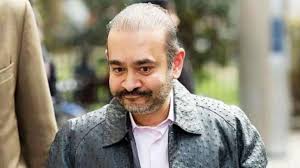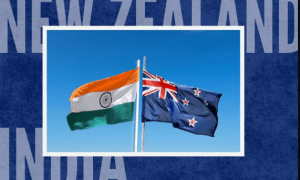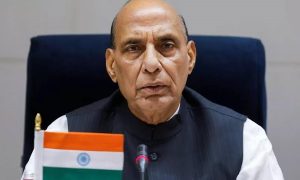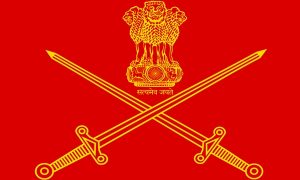The Westminster Magistrates Court will hold a one-day hearing on Tuesday in the Nirav Modi extradition case, days after he was refused bail for the sixth time on October 26.
Tuesday’s hearing will be on the issue of admissibility of evidence presented by the Indian government against Modi, whose defence team has previously argued that the evidence does not meet the standards of admissibility in UK courts.
According to Modi’s lead lawyer, Claire Montgomery, India’s charges of major financial irregularities against him are “very long on assertion but very short on proof”.
The case was heard over five days in September when former Supreme Court judge Markandey Katju and former high court judge Abhay Thipsay deposed via video-link from India on Modi’s behalf.
Another hearing is scheduled for early December when the Crown Prosecution Service on India’s behalf and Modi’s team are expected to make concluding statements.
The court’s judgement on recommending Modi’s extradition, or not, to home secretary Priti Patel is expected in early 2021.
Modi is the subject of two extradition requests – one processed by the Central Bureau of Investigation (CBI) and the other by the Enforcement Directorate (ED).
Charges against Modi involve a Mumbai branch of the Punjab National Bank (PNB) that extended his companies loans worth over Rs 11,300 crore. The CBI case relates to large-scale fraud upon PNB through the fraudulent obtaining of Letters of Understanding (LOUs/loan agreements). The ED case relates to the laundering of the proceeds of that fraud.
The second extradition request was made based on two additional offences as part of the CBI case, relating to allegations that Modi interfered with the CBI investigation by “causing disappearance of evidence” and intimidating witnesses (”criminal intimidation to cause death”).
By Hindustan Times




























 WhatsApp us
WhatsApp us